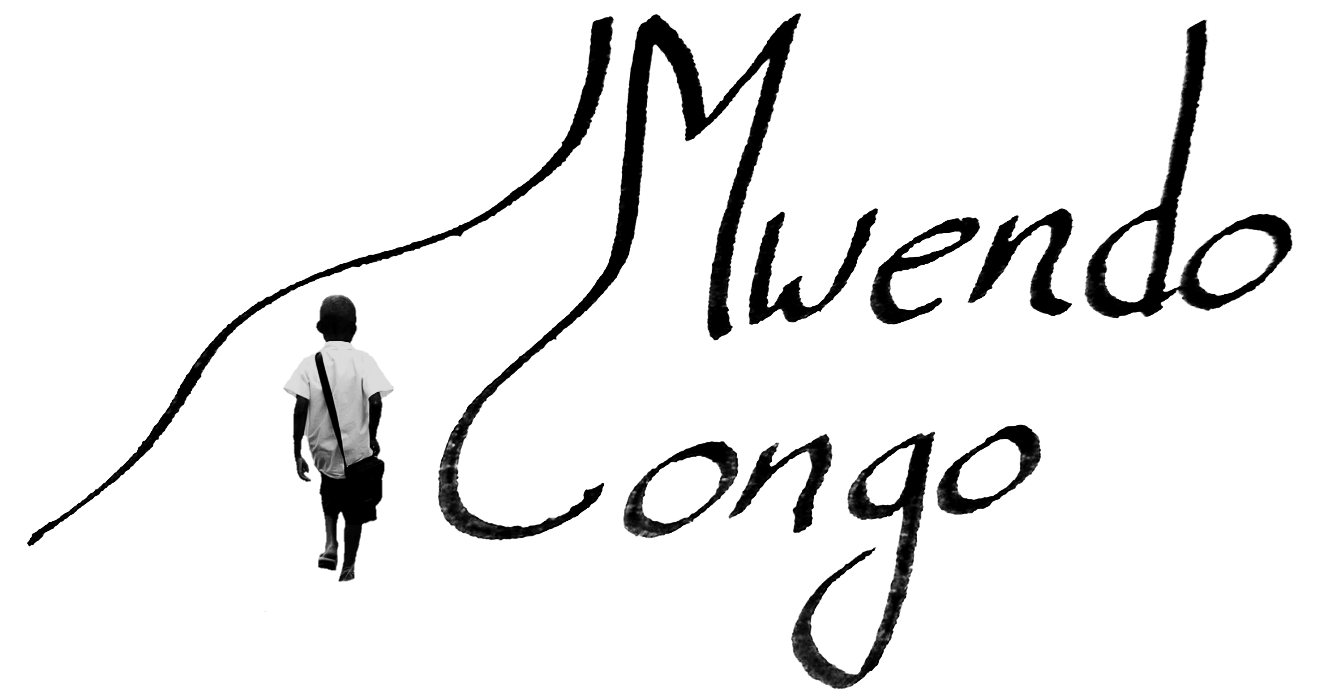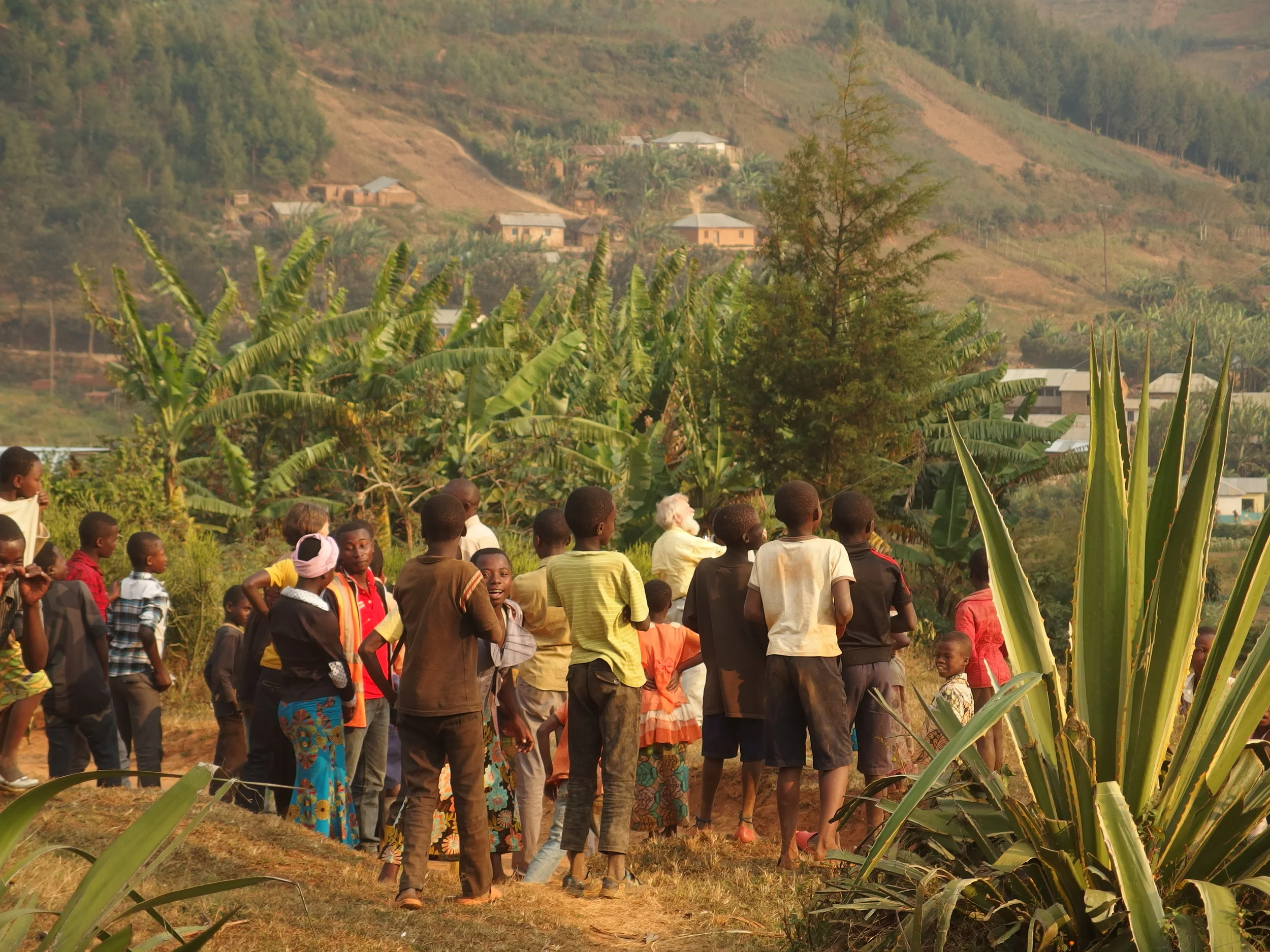Congo Stories Book Review
/Lessons from Congo Stories
By Richard Mann, participant in Mwendo Congo’s 2021 book discussion
Richard Mann
Congo Stories (Bafilemba and Prendergast) provides an engaging glimpse into this wonderfully diverse African country through photographs, detailed narratives, and insightful explanations of the historical context. Fidel Bafilemba, John Prendergast, and Ryan Gosling (photographer) use their skills to provide us with a compelling story of a country whose natural resources and people have been exploited for more than five centuries. Yet despite this exploitation by greedy global corporations and governments, the Congolese “are building a better future for their country.”
A long history of exploitation
The exploitation of the Congo’s resources, and subsequently its people, began with European colonialism. Colonization throughout Africa was perpetuated by myths and stereotypes that often persist to the present. The European beliefs of African inferiority and savagery resulted in more than twenty million Africans being kidnapped and enslaved for export to the New World. Then, in the waning of the slave trade, Belgium’s King Leopold II considered the Congo as his own country and enriched himself with ivory and other resources to the tune of “$1.1 billion in today’s dollars.” He is considered responsible for millions of Congolese deaths from 1880 until his death in 1909.
A glimpse of daily life
Gosling’s photographs are an intimate window into Congolese daily life at home, at work, at school, and at play. They include pictures of the people behind various narratives in the book. For example, two women tell their stories of overcoming brutality at the hands of armed men who invaded their village. In their own words, they describe their personal resilience and healing through schooling and training, and their paths to becoming a grade school teacher and a women’s movement leader. The photographs bring their stories to life.
Our connection to the Congo
Perhaps one of the most significant take-aways from reading Congo Stories is making us aware that we are unknowingly a major part of the Congo narrative. Even though the capitol city, Kinshasa, is a distant 7,334 miles from the Twin Cities, our connection to the Democratic Republic of the Congo (DRC) is as close as our cell phone. Many of the key components of our phones, as well as our computers, require minerals from the DRC. These include tin, tantalum, and tungsten (called the 3Ts), as well as gold. Demand for cobalt, used in electric-car batteries, is skyrocketing.
These minerals are often mined illicitly in the “killing fields” of eastern Congo, and as such they are referred to as “conflict minerals.” They are a major source of revenue for armed militia units and the military that prey on civilians. The armed conflicts within the DRC during the last five centuries have left millions of Congolese homeless after they have fled their villages, which were subsequently burned to the ground. Added to the physical destruction of homes and property by the marauding bands is the devastation of people through rape, ransom, torture, and murder. Even though there are legitimately obtained minerals, the authors remind the readers, “When you use your laptop, remember that minerals from Congo have made it more affordable and make it work more efficiently.” Additionally, a fourteen-year-old from one of the Congolese refugee camps told the authors, “Anyone who buys a cell phone should question their conscience and insist on fair trade.”
Where from here?
The authors have documented the negative impact of the violent kleptocracy whereby corrupt Congolese leaders siphon off billions of dollars in aid money. They put forth an equally important narrative of inspiring “upstanders” – Congolese men and women doing all they can to bring about positive social change. Finally, they recommend practical solutions that call for our personal involvement – being informed about the issues and working with activists and non-governmental organizations (NGOs) that are focused on assisting the Congolese in their efforts. Organizations such as Mwendo Congo can help build our awareness of our connections to the DRC, as well as provide paths for action that help the well-being of the Congolese.
NOTE: Mwendo Congo has several copies of Congo Stories available for loan. Email us (info@mwendocongo.org) if you would like to borrow a book.



